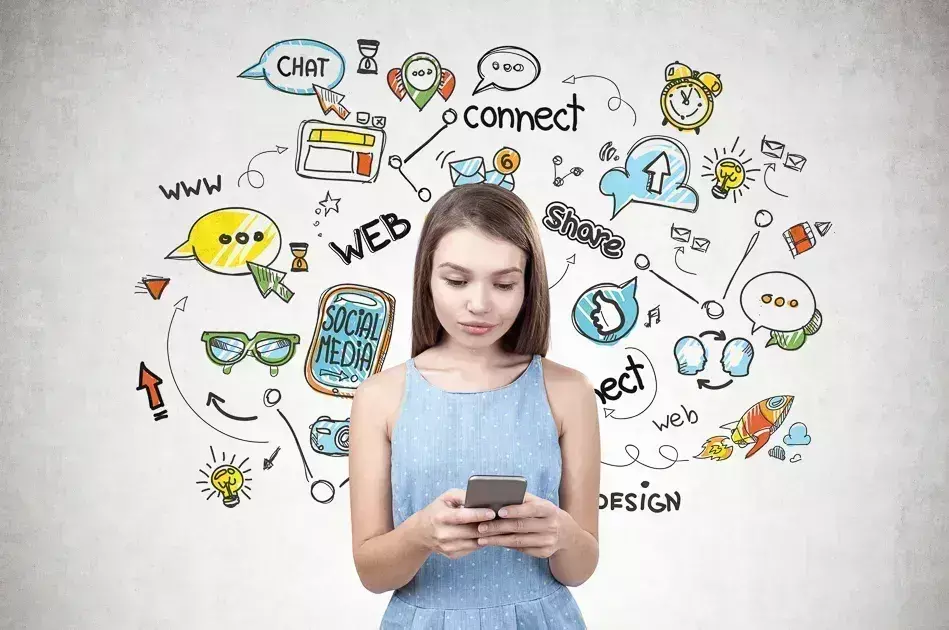Live
- Reckless, Dangerous Arms Race
- Russia needs a peace deal as it is running out of soldiers
- MyVoice: Views of our readers 25th November 2024
- Lack of planning, weak narrative behind MVA debacle
- UTF dist unit golden jubilee celebrations begin
- TSIC launches ‘Innovations 101’ coffee table book
- Drone technology for crime control
- Do you support caste census? Which one will you prefer caste census or skill census?
- DSS to launch gender campaign today
- MJCET holds first-ever 24-hr datathon
Just In

Spending more time on digital media from Netflix to Instagram to video games may not cause any change in the frequency of psychotic experiences over time, finds study.
New Delhi: Spending more time on digital media from Netflix to Instagram to video games may not cause any change in the frequency of psychotic experiences over time, finds study.
However, the study showed that individuals with a tendency for higher levels of digital media use also had a tendency for higher levels of psychotic experiences
The study, published in Social Psychiatry and Psychiatric Epidemiology, defined "psychotic experiences" as a range of unusual thoughts and perceptions, such as the belief of being in danger and the experience of hearing and seeing things that other people cannot see or hear. These experiences are relatively common, affecting about 5 per cent of young adults.
"Our findings are reassuring because they do not show evidence that digital media can cause or exacerbate psychotic experiences in young people. It is important to keep in mind that each person is different. In some situations, digital media may be highly beneficial for a person's well-being, and in other cases, these technologies may cause unintended harm," said lead author Vincent Paquin from the McGill University in Montreal, Canada.
"Considering that young adults with more psychotic experiences may prefer digital technologies, we can use digital platforms to increase their access to accurate mental health information and to appropriate services," he added.
The researchers hope their findings will help improve mental health services for young people. By better understanding the types of digital contents and activities that matter to young people, mental health services can be made more accessible and better aligned with individual needs, they said.
"It is important for young people, their families, and for clinicians and policymakers to have scientific evidence on the risks and benefits of digital media for mental health," Paquin said.
"Considering that young adults with more psychotic experiences may prefer digital technologies, we can use digital platforms to increase their access to accurate mental health information and to appropriate services."

© 2024 Hyderabad Media House Limited/The Hans India. All rights reserved. Powered by hocalwire.com







